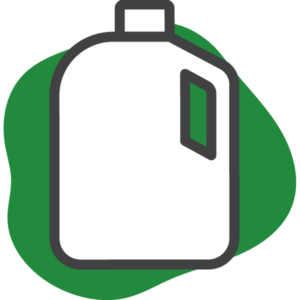Many consumers misunderstand the purpose and meaning of the date labels that often appear on packaged foods. Confusion over date labeling accounts for an estimated 20 percent of consumer food waste!


Infant formula
Do not use infant formula after its use-by date. Federal regulations require a use-by date on the product label of infant formula to ensure it meets the nutrition facts as described on the label.

Eggs
Eggs sold in the state of Minnesota are required to have a pack date (the date when the eggs were washed, graded and placed in the carton) and a quality assurance date. Store eggs in their original carton and use them within three weeks of purchase for best quality.

Fresh deli meats
Cold-cut deli meats are commonly exposed to environmental sources of contamination. Store factory-sealed, unopened packages no longer than two weeks in the refrigerator. Store opened packages and meat sliced at a local deli no longer than three to five days in the refrigerator.